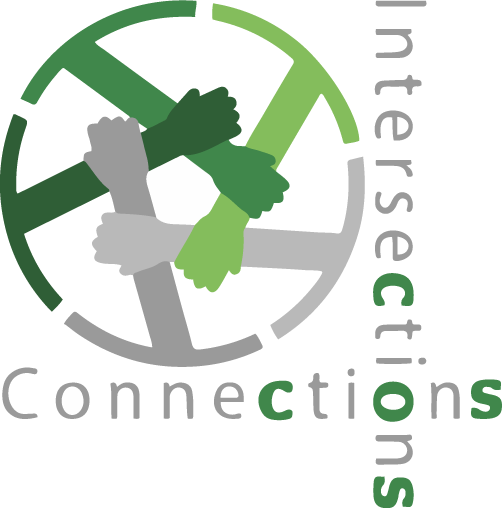Collaborative Test-Taking For Peer-to-Peer Teaching and Learning Across Ability Levels
Abstract
Assessment in science classrooms is often characterized by individual exams, students agonizing over getting the “right” answer, and high-stress. Science teachers can help to refocus their students on the learning process and offer opportunities for students learn how to communicate effectively to a diverse group through collaborative test-taking. Group exams were popularized for science classrooms by Carl Wieman[1] when he published his experience in implementing “two-stage” exams in his physics classroom.
I will present my observations and results from implementing collaborative exams in introductory science classes with enrollments of 7-20 students at Lesley University. In Stage 1, students had 45 – 90 minutes to complete an exam in a closed-note, individual-effort format. In Stage 2, students were assigned into heterogenous groups of three-to-four and had the remaining 30 – 45 minutes to re-take the exam as a team. Under these conditions, all students had the opportunity to explain their problem-solving method to classmates of differing ability levels. The Stage 2 exam also offered students immediate feedback on their work by their classmates, which has been shown as a key element of deliberate practice.[2] Student evaluations indicated that the group-testing environment was especially helpful for cementing their understanding of the course content.
[1] C. E. Weiman, G. W. Rieger, and C. E. Heiner, “Physics Exams that Promote Collaborative Learning,” The Physics Teacher 52, 52-53 (2014).
[2] Ericsson, Anders, and Pool Robert. Peak Secrets from the New Science of Expertise. Mariner Books, 2017.
Start Date
27-3-2019 9:00 AM
End Date
27-3-2019 9:50 AM
Room Number
U-Hall 3-101
Presentation Type
Paper
Disciplines
Educational Assessment, Evaluation, and Research
Collaborative Test-Taking For Peer-to-Peer Teaching and Learning Across Ability Levels
Assessment in science classrooms is often characterized by individual exams, students agonizing over getting the “right” answer, and high-stress. Science teachers can help to refocus their students on the learning process and offer opportunities for students learn how to communicate effectively to a diverse group through collaborative test-taking. Group exams were popularized for science classrooms by Carl Wieman[1] when he published his experience in implementing “two-stage” exams in his physics classroom.
I will present my observations and results from implementing collaborative exams in introductory science classes with enrollments of 7-20 students at Lesley University. In Stage 1, students had 45 – 90 minutes to complete an exam in a closed-note, individual-effort format. In Stage 2, students were assigned into heterogenous groups of three-to-four and had the remaining 30 – 45 minutes to re-take the exam as a team. Under these conditions, all students had the opportunity to explain their problem-solving method to classmates of differing ability levels. The Stage 2 exam also offered students immediate feedback on their work by their classmates, which has been shown as a key element of deliberate practice.[2] Student evaluations indicated that the group-testing environment was especially helpful for cementing their understanding of the course content.
[1] C. E. Weiman, G. W. Rieger, and C. E. Heiner, “Physics Exams that Promote Collaborative Learning,” The Physics Teacher 52, 52-53 (2014).
[2] Ericsson, Anders, and Pool Robert. Peak Secrets from the New Science of Expertise. Mariner Books, 2017.



